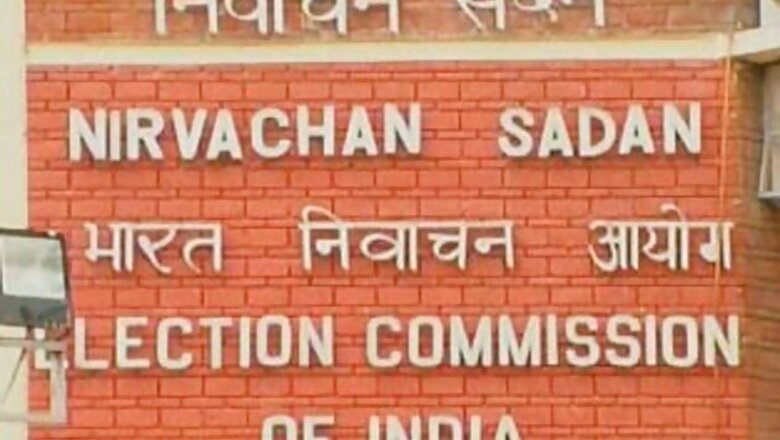
views
Successive Lok Sabha elections have shown a rise in number of candidates forfeiting their deposit, but this has not stopped people from throwing their hat in the electoral ring. Election Commission rules say that if a candidate fails to get a minimum of one-sixth of the total valid votes polled, the deposit goes to the treasury.
A candidate contesting from a general seat has to deposit Rs 25,000 as security deposit. The amount is Rs 12,500 for candidates contesting from reserved seats. In First Lok Sabha Elections in 1951-52, almost 40 per cent or 745 out of 1874 candidates forfeited their deposits. Since then, almost all Lok Sabha elections have witnessed upward trend in candidates losing their deposits.
EC data shows that the peak came in the 11th general elections when 12,688 out of 13,952 candidates lost their deposits. This was the elections which also saw highest number of candidates contesting the polls. The 2009 elections to elect the 15th Lok Sabha saw as many as 85 per cent of the candidates losing their deposits.
Percentage-wise, it was the third highest after 91 per cent in 1996 elections and 86 per cent in 1991 elections. It shows that forfeiture of deposit has not been a deterrent. Candidates from national parties have fared well in saving their deposits. In first general elections in 1951-52, 28 per cent or 344 out of 1217 candidates from national parties lost their deposits.
This improved in the next elections in 1957 when only 130 out of 919 candidates (14 per cent) candidates lost their deposits. The 1977 general elections witnessed best performance ever by national parties as only 100 out of 1060 candidates (nine per cent) forfeiting deposits.
Comparatively, the 2009 general elections did not prove to be that good for national parties as almost every second candidate lost his or her deposit. In 2009, 779 out of 1623 candidate from national parties lost their deposits.


















Comments
0 comment